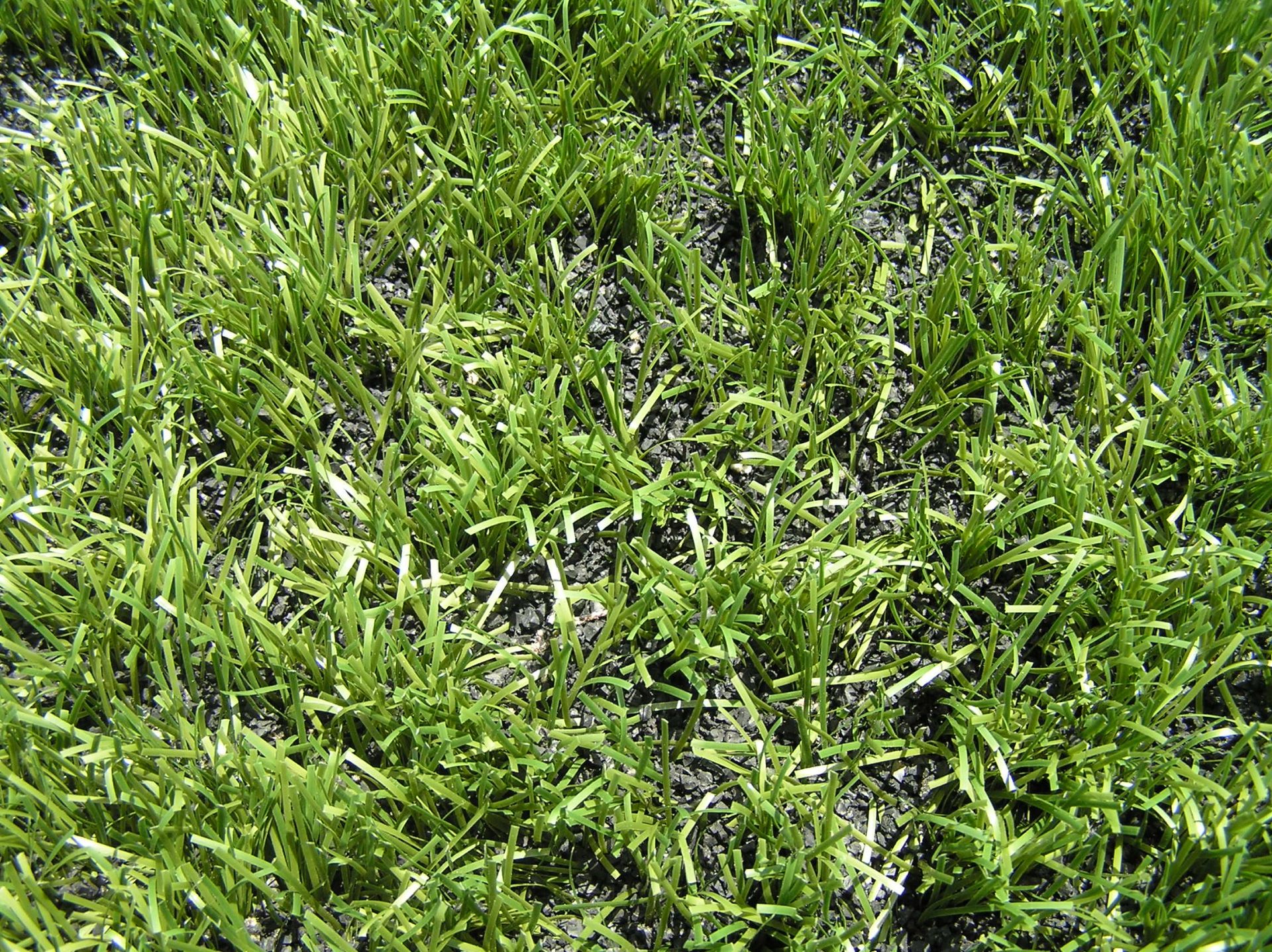The European Recycling Industries Federation (EuRIC), the Spanish Federation for Recovery and Recycling (FER) and the Collective Management System for End-of-Life Tyres in Spain (SIGNUS) have warned of the significant consequences of the European Commission proposal to ban the use of materials from tyres at the end of their useful life (rubber crumb) on artificial turf pitches, without taking into account other equally efficient measures with less environmental impact.
EURIC, FER and SIGNUS Respond to Proposed Ban
In Europe, around 150 million tyres are processed for recycling each year, which is one tyre for every three citizens of the European Union. This rubber from recycled tyres has a wide range of practical uses, such as essential materials for artificial turf used in football pitches, playgrounds and its use in road construction.
The Managing Director of SIGNUS, Gabriel Leal, stressed that “this problem is not being considered from the perspective of sustainability, which includes not only environmental aspects, but also economic and social ones”. On the other hand, he wanted to highlight that, “with the prohibition of the use of this material the problem is not solved, since the release of microplastics from the filament of the artificial grass itself will be greater, as shown in the results of the monitoring of the field that they are doing in Ribeira (A Coruña)”.
“With the current proposal, more than the 10,000,000 tyres that are used in Spain for this application would not be destined to become recycled products and may accumulate or risk being exported outside the EU for incineration, where environmental standards are less stringent. A one-size-fits-all approach is not the effective climate policy we expect from the EU,” added EuRIC Secretary General Emmanuel Katrakis.
In addition to the strict control and risk management measures to limit the release of microplastics applied by leading organisations such as FIFA, in the EU there is already a circular economy for tyres that complies with the Registration, Evaluation, Authorisation and Restriction of Chemical Substances ( REACH), thus avoiding a high number of CO2 emissions into the atmosphere. This is if we consider that approximately 80,000 tonnes of tyres that are usually used in Spain for this application and from that we obtain: 178,000 tonnes of CO2 eq/year.
Therefore, “if the European Commission prohibits the use of recycled rubber from tyres at the end of their useful life on this type of sports surface, it will generate an environmental problem much greater than the one intended to be avoided,” commented Ion Olaeta, president of FER.
If the current proposal goes ahead, “we are going to find ourselves with a huge number of tyres without recycling alternatives”, warned Alicia García-Franco, general director of FER, “so control measures on sports surfaces are the best economic, technical and, above all, environmental solution, which is what we demand that the European recycling industry take into account”.


















